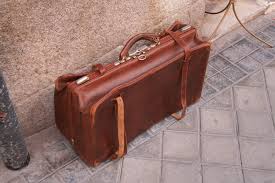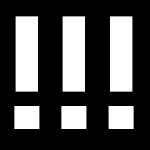 Special thanks to Lee Chaharyn, of UR’s Collegiate Licensing & Special Projects. Lee picks a good word; I used it frequently when teaching business and professional writing at Indiana University. I’ve not done so recently, but the time has come to dust off this term. It contains several meanings that I’d never before encountered.
Special thanks to Lee Chaharyn, of UR’s Collegiate Licensing & Special Projects. Lee picks a good word; I used it frequently when teaching business and professional writing at Indiana University. I’ve not done so recently, but the time has come to dust off this term. It contains several meanings that I’d never before encountered.
The OED Online provides a long history, one dating to the 16th Century, much like many of our prior words of the week.
In 1593, one might speak of “fiue (sic) hundred practicable cases” and except for the spelling of “five,” we would employ our word of the week in precisely the same manner. One thinks of practicable matters in terms of their being feasible. The OED also includes “effective,” “practical,” and a few other definitions.
If last week’s word slid off the tongue, this one decidedly does not. The strength of practicable arises when it appears in print. Business writers often need synonyms, especially when these provide just the nuance for a sentence. Given the word’s somewhat circuitous etymology, “A borrowing from Latin; modelled (sic) on a French lexical item,” I would argue that by combining elements of “practical,” “practice,” and “able,” practicable counts as a portmanteau word capturing the sense of a thing that can be done or used without too much fuss.
Secondary meanings extend to routes that are the best to take when traveling, or to describe a prop in a play that can be used, as in this 2002 example from the OED about theater history, “A more finished version of the garden plan..can be seen in figure 2, for an unidentified production. The lazy line back becomes here a garden path stretching across what may be a practicable footbridge.”
That is not all; I never had heard of the noun form. In the specialized language of live theater, however, drapes that could be parted by actors are a practicable, but those painted on a wall are not. I hope some reader in that field will let us know if the term still has any currency.
Nominate a word by e-mailing me (jessid -at- richmond -dot- edu) or leaving a comment below.
See all of our Words of the Week here.
Image courtesy of Wikipedia Commons.


